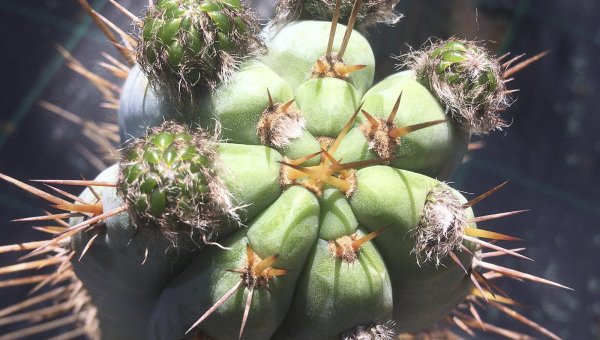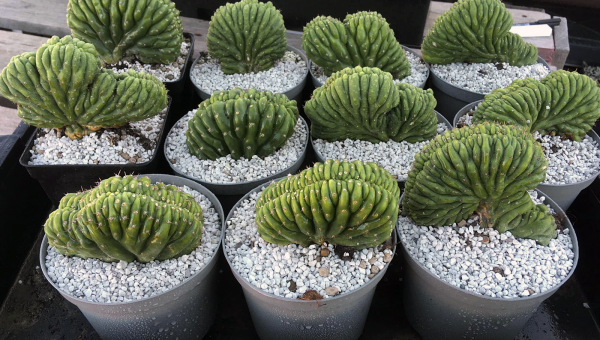The Trichocereus cactus is known for its impressive blooms, typically large, vibrant white flowers that open at night. This spectacular event is brief but captivating, making it the highlight of a well-cared-for cactus. However, encouraging your Trichocereus to bloom requires proper care and attention.
The Trichocereus cactus holds a special place in the cultural and spiritual history of South America, particularly in the Andean regions. For thousands of years, this cactus has been revered not only for its practical uses but also for its symbolic and medicinal importance. From religious ceremonies to its depiction in ancient art, the Trichocereus has been woven into the fabric of pre-Columbian societies and continues to be a symbol of connection between nature, spirituality, and healing.
Sunlight is one of the most critical factors influencing the growth and health of Trichocereus. This cactus, native to the arid regions of South America, thrives in environments where light is abundant. However, providing the correct type and amount of sunlight is essential for promoting robust growth and preventing issues like etiolation (stretching) or sunburn.
Incorporating Trichocereus into your interior design can create a unique, natural aesthetic while maintaining a low-maintenance plant regime. Known for its striking columnar shape, Trichocereus adds vertical interest and minimalist charm to any room. However, ensuring that your cactus thrives indoors requires proper care and understanding of its needs.
Fertilizing Trichocereus, a cactus known for its resilience and rapid growth, is essential for ensuring that it reaches its full potential. While these plants can thrive in less-than-ideal soil, providing them with the right nutrients through fertilization can significantly enhance their growth, strength, and flowering.
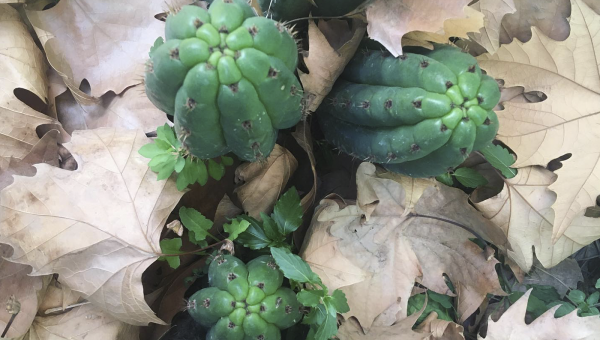
Trichocereus is not just a beautiful and resilient cactus, but also an excellent educational resource. This genus of cacti can be a significant ally in environmental education, providing a practical and attractive tool to teach about ecology, conservation, and sustainability. This article explores how Trichocereus can be incorporated into educational programs to foster awareness and respect for the environment.
In the age of eco-consciousness, incorporating Trichocereus into your garden offers both aesthetic beauty and practical benefits. Native to South America, this resilient cactus plays a significant role in sustainable gardening, reducing water usage while promoting biodiversity.
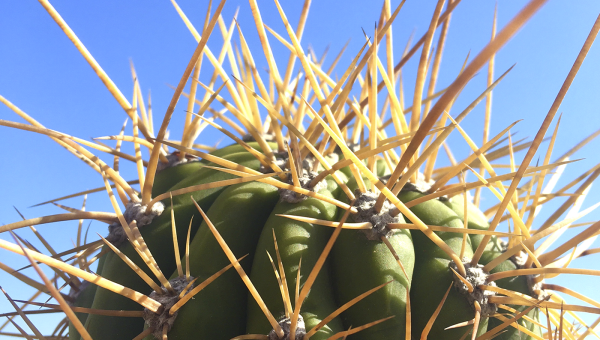
Climate plays a crucial role in the successful cultivation of Trichocereus cacti. These plants, native to specific environments, require particular conditions for optimal growth. This article examines how different climate aspects affect Trichocereus growth and provides tips for managing them in various environments.
Although Trichocereus cacti are hardy and resistant to many challenges, they can still be affected by common pests that threaten their health. These pests can stunt growth, cause discoloration, or even kill the plant if left untreated. Knowing how to identify and manage these pests is crucial for keeping your Trichocereus healthy.
Propagating Trichocereus by seeds and cuttings offers an exciting opportunity to expand your cactus collection. While each method has its own advantages, both are relatively simple and can yield excellent results with proper care.
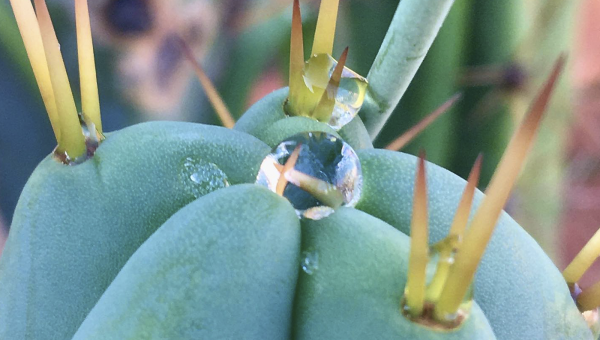
The Trichocereus genus is not only appreciated for its beauty and versatility in gardening and landscaping, but also for its important role in promoting biodiversity and environmental sustainability. This article examines how the cultivation and conservation of various Trichocereus species positively contribute to the environment and the sustainability of ecosystems.




